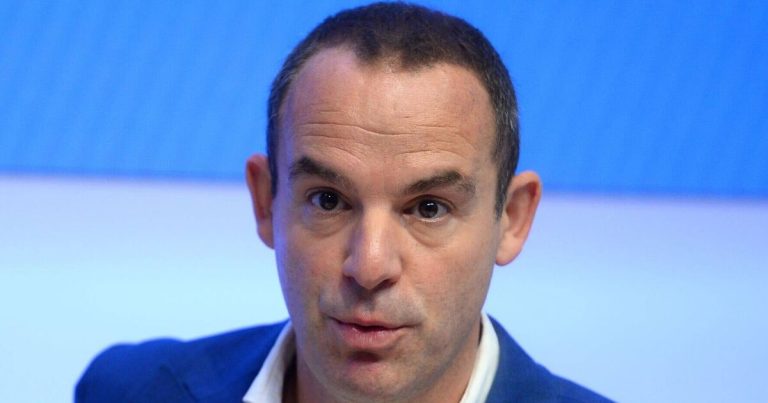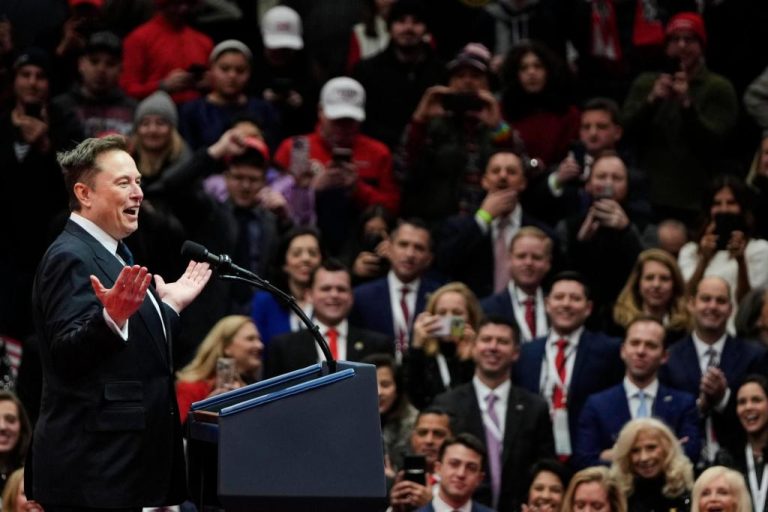
Aldi boss, Giles Hurley has explained key changes that savvy shoppers are using to save money on groceries.
The chief executive officer of Aldi UK and Ireland said: “Households are still under real pressure from higher living costs” and shoppers were doing all they could to reduce their grocery bills.
Mr Hurley explained he had noticed a trend in the way Britons shop and shared the three things people were doing to lower their grocery bills:
-
Making fewer trips the the supermarket
-
Buying more own-branded items
-
Switching which supermarket chain they use more regularly
He said: “Although inflation is easing, households are still under real pressure from higher living costs.
“As a result, Britain is shopping very differently to how it did 18 months ago – fewer trips, more own-label products, and switching supermarkets in search of better value.
“What we’re seeing is a new generation of savvy shoppers who’ve turned their back on traditional, full-price supermarkets in favour of transparent, low prices, which is what we’re famous for.
“That’s why we’re still welcoming more and more customers through our doors – people who come to us for our low prices but stay for the award-winning quality of our exclusive brands.”
His remarks came as the supermarket chain said it would increase its rate of investment in the UK to more than £1.4billion over the next two years, which will include the expansion and improvement of its network of stores.
Along with German rival Lidl, Aldi has been expanding aggressively in the UK over the past two decades with its sales boosted by the recent cost of living crisis as shoppers flock to discount stores.
Between them the pair now control 17.7 percent of UK grocery market share, according to Kantar.
The UK saw a surprise fall in inflation in August to 6.7 percent, largely driven by slowing food prices, as the cost of living plunged to its lowest level in a year and a half.
The inflation comes down from 6.8 percent in July, according to the Consumer Prices Index, marking the third consecutive month that the figure has fallen.
Across food and non-alcoholic beverages, prices rose by 0.3 percent between July and August, compared with an increase of 1.5 percent during the same period a year ago.
As a result, the annual rate of food inflation eased to 13.6 percent last month, down from 14.9 percent in July.
Price rises on milk, cheese and eggs were found to slow the most, with the overall price of vegetables and fish also falling.






